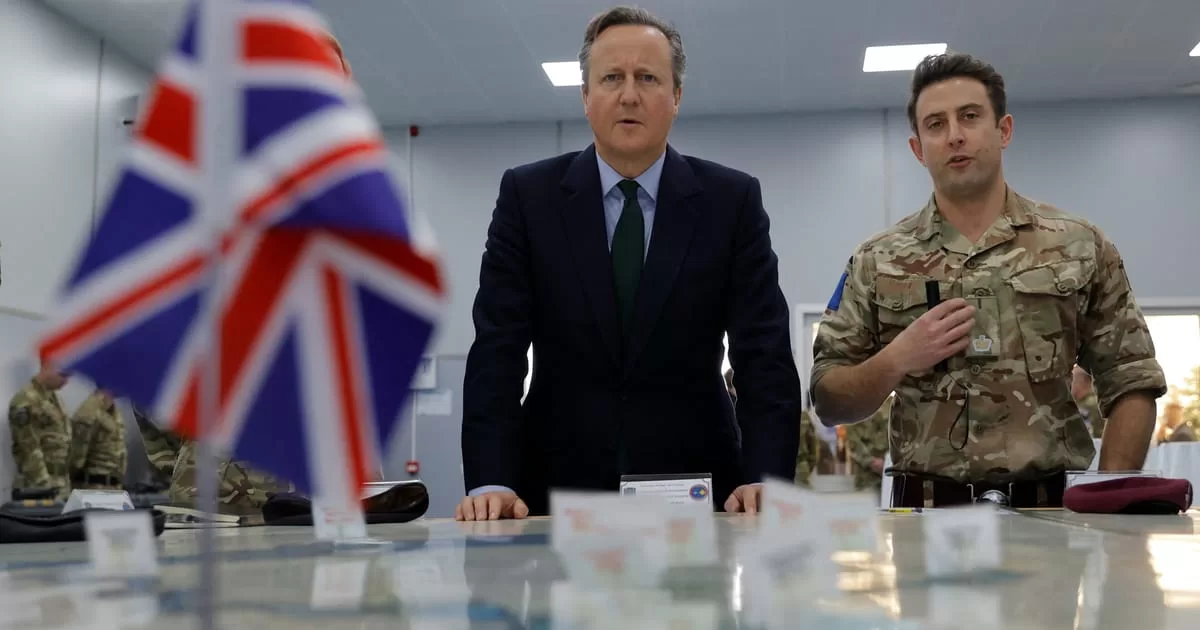Optimism
Still, some optimism remains inside the British government about the Russia-Ukraine war. Officials expect Ukraine to be able to export its full harvest next year after pushing back Russia’s fleet in the Black Sea, and argue the war is severely straining Moscow’s economy.
While there is frustration in Whitehall about the hold-up in the U.S. Congress, officials believe there is still a good chance a new financial package will pass. Even if it doesn’t, they argue, Ukraine has enough European support to hold the line for a long while yet.
In the meantime, Britain is focusing on new sanctions and controls on Russian gas, metals and manufacturing. Cameron has urged allies to boost defense production, and British government officials have been meeting on whether they can seize Russian state assets to finance Ukraine’s reconstruction.
The bigger question will be what happens if Donald Trump is elected president. The Republican frontrunner’s comment this week — that he would “encourage” Russia to attack NATO member countries who don’t pay their way — got a typically understated British pushback from Cameron, who said the remarks were “not sensible.”
Even then, British hope hasn’t faded. Some in Whitehall believe in a world where, a year from now, Ukraine is doing much better and Trump — ever the entrepreneur — can be persuaded to back a winner.
Good luck, as they say, with that.
